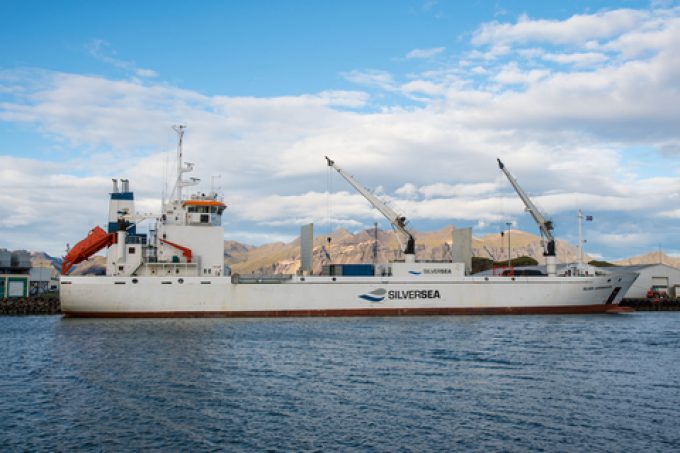Wan Hai fine-tunes reefer sales drive ahead of peak fruit shipping season
Wan Hai Lines, spotting rising demand for refrigerated container shipping, has set up dedicated sales ...

This year’s supply chain upheaval has proved a “silver lining” for the conventional reefer sector.
In January, Netherlands-based analyst Dynamar predicted a “stormy” year for conventional reefer shipping, with the expected surge in fuel costs from IMO 2020 likely to accelerate scrapping and the switch to refrigerated containers.
However, just weeks later, the coronavirus outbreak in Wuhan – and its subsequent spread around the world – would spark unexpected demand for conventional reefer operators.
Dynamar explained: “In the early stages of the global ...
Volcanic disruption at Anchorage could hit transpacific airfreight operations
Macron calls for ‘suspension’ – CMA CGM's $20bn US investment in doubt
De minimis exemption on shipments from China to the US will end in May
Forwarders stay cool as US 'liberation day' tariffs threaten 'global trade war'
Mixed response in US to 'Liberation Day', while China leads wave of retaliation
Tariffs and de minimis set air freight rates on a volatile course
Transpacific contract rates rise on Trump’s fickle policies
Overcapacity looms for ocean trades – with more blanked sailings inevitable

Comment on this article